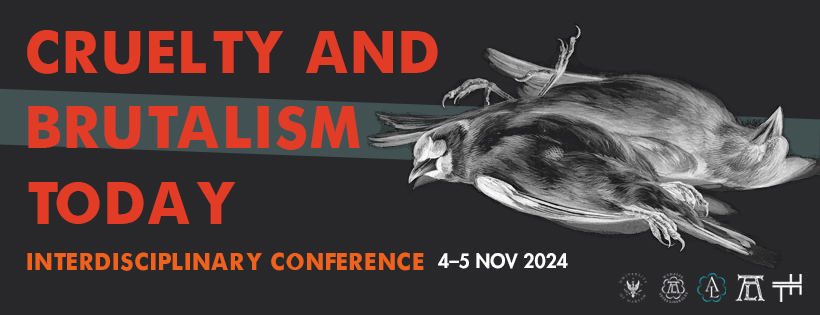Felix Birch
(Independent Researcher)
Abstract:
Throughout the 17th and 18th centuries in Europe military engineering quietly became civil engineering, and the new practice set about building substitutes for making war. Distinct from architecture or the work of journeymen, engineering had been shaped by the demands of warfare. The rapid construction of forts and military roads that were key to the organisation of defendable territory outpaced the work of architects and demanded new construction techniques which could quickly utilise unspecialised labour. This discipline was used to deliver a nascent civil life. The public works which civil engineering created were a new means of social organisation, containing a military division of labour that set the rules for each closed environment, famously barracks, prisons, and schools. However, unexplored among these spaces, is the transport infrastructure that proliferated in the early modern period.
This presentation treats transport infrastructure as a key technology in shaping modern subjectivity. Infrastructure organises the perception of each person who uses it because it mediates our relationship with the world. Its rules and codes must of course be followed for it to operate, but its ubiquity begins to overshadow all other space, the natural environment, and even the image of thought. As a space created by the state, infrastructure fosters a dependency, where the modern subject relies upon the mediation of the state to negotiate its environment. There is no space for a sensitive spatial awareness when the structures of everyday life rest on the brutalist foundations of military engineering. Our surroundings are organised by a logic which bypasses the vernacular of local environment or the particular skill of an individual, and instead requires quantifiable and interchangeable labour. This presentation will give examples of the subtle occupation of civilian space, and politicise infrastructure to show its role in producing and circulating alienated subjects.
Bio:
Felix Birch is a geotechnical engineer for Network Rail, in Glasgow. After finishing his masters in Civil Engineering at Edinburgh University in 2021, he worked as a researcher in the Geosciences department where he started investigating the history and philosophical foundations of engineering practice. His papers and conference presentations have all sought to politicise engineering practice and situate its development within a broader history of capital. He is not affiliated with any academic institution.
